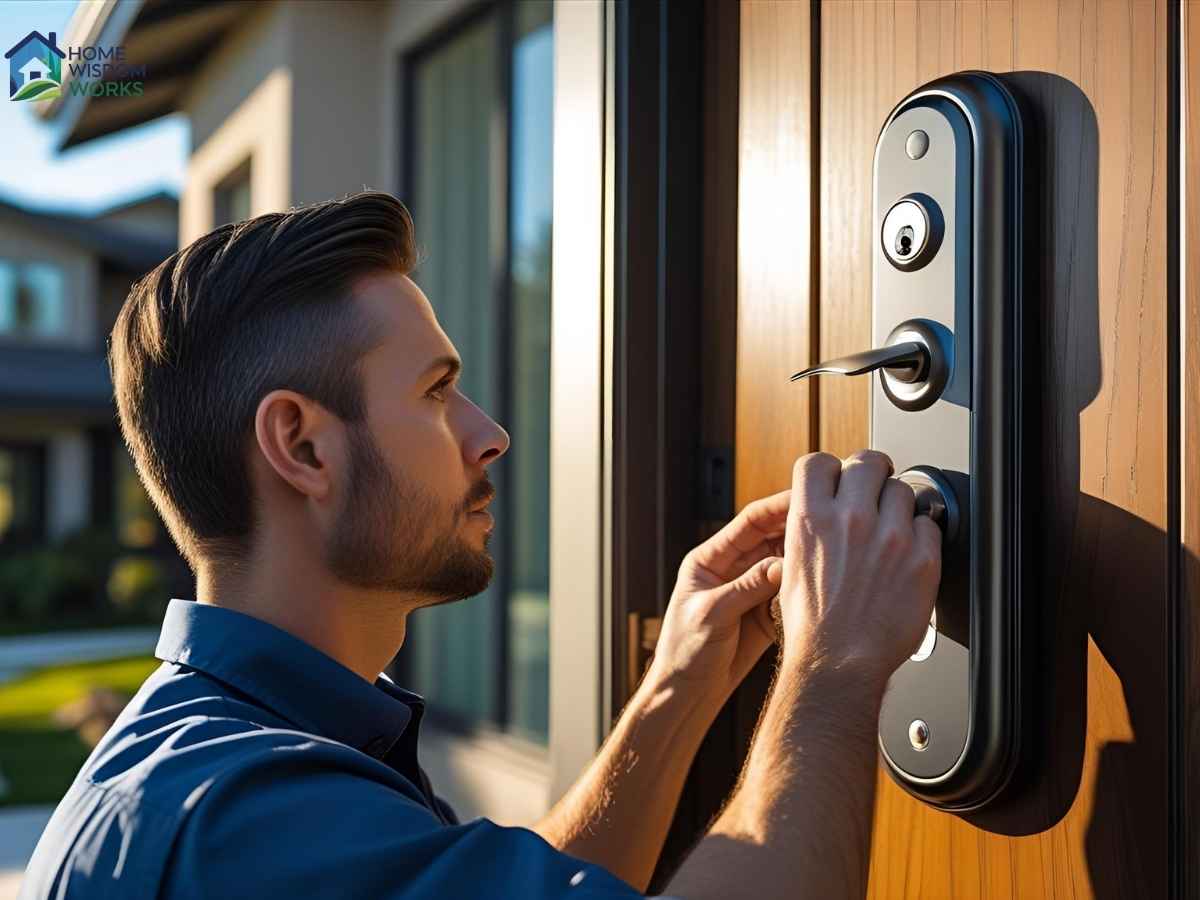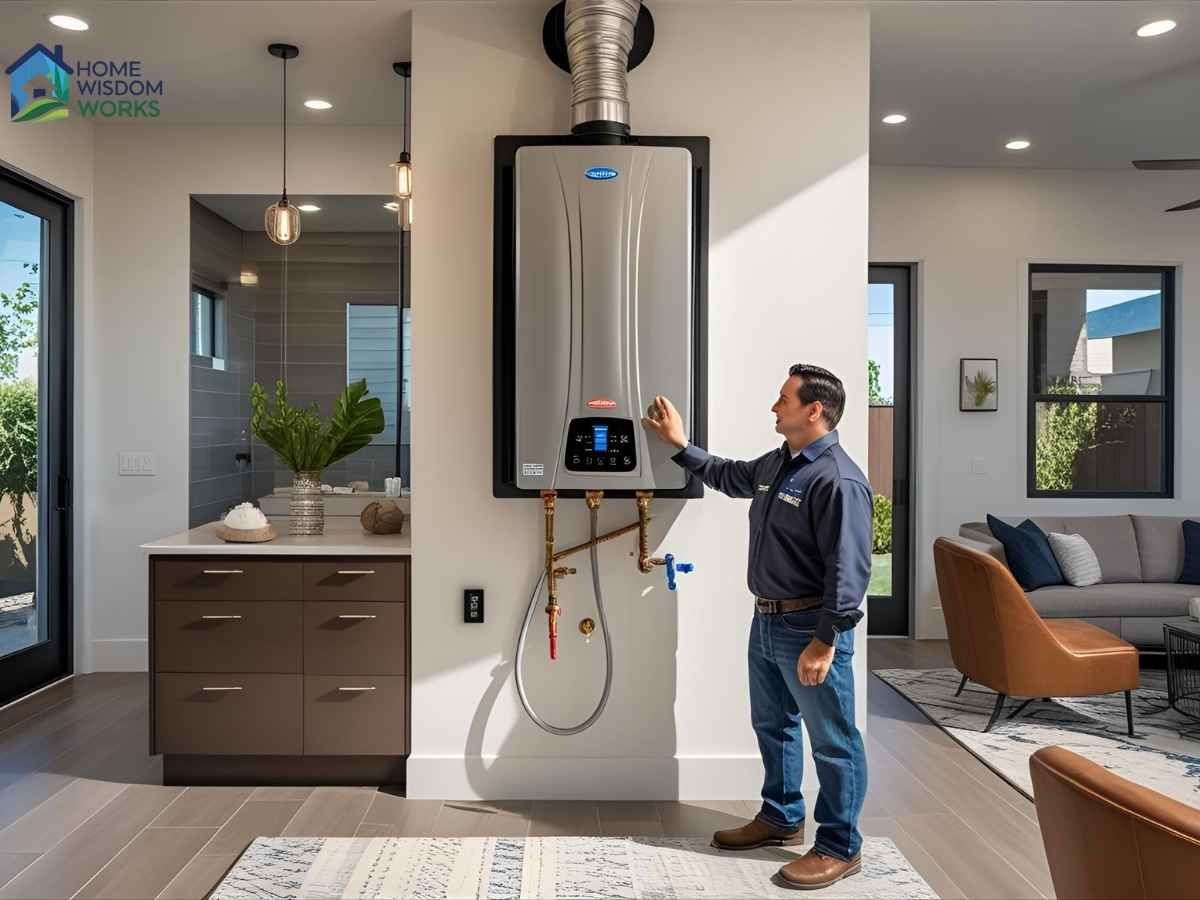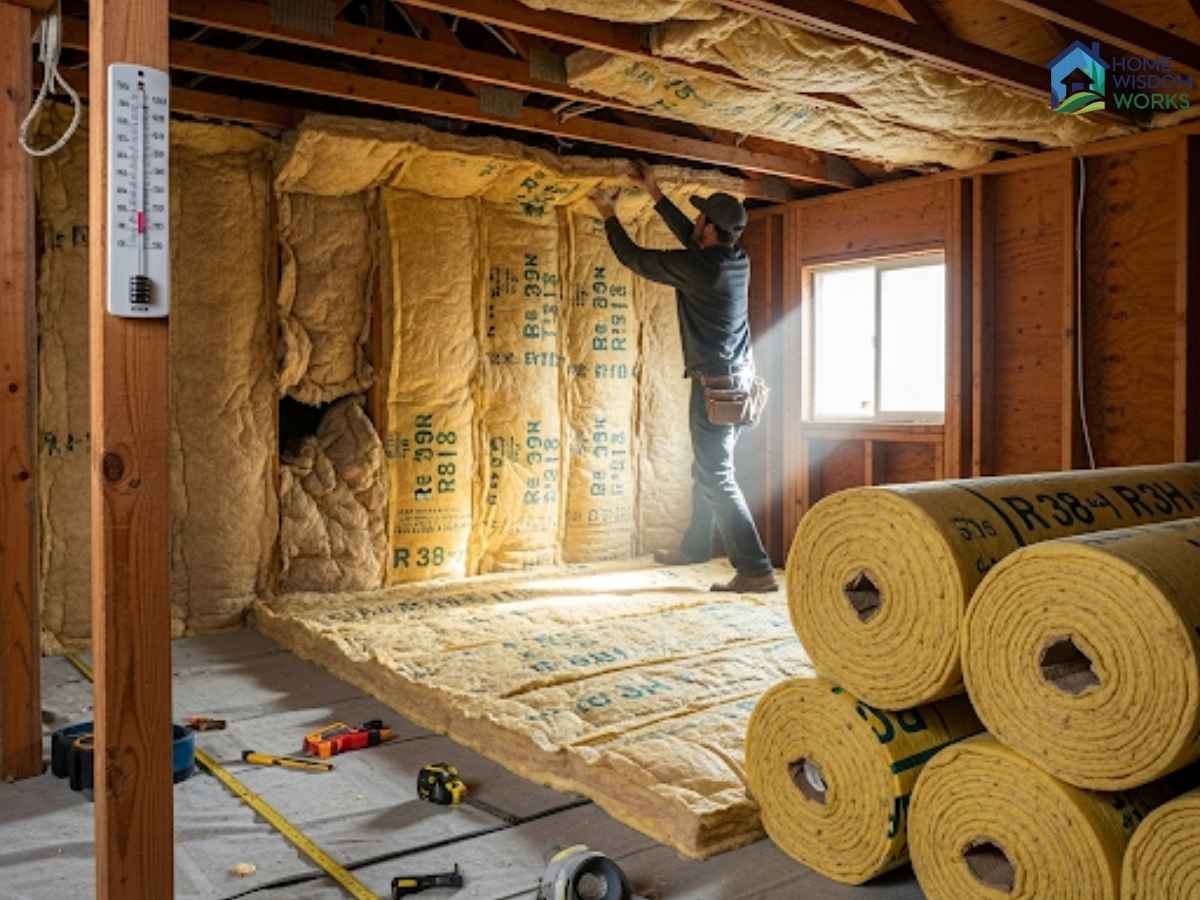Imagine waking on a sunny Los Angeles morning at your high-rise condo in South Park (ZIP 90015) only to spot a mysterious, slick patch on your wood floor. Beneath the city’s glamour, the heartbreak of a slab leak lurks—threatening everything from hardwood finishes in Arts District lofts to prized collectables in Bunker Hill luxury apartments. Living in a concrete jungle has perks, but with thousands of condos built on slabs since the downtown revitalization, hidden plumbing issues can turn homeownership into a high-stakes puzzle.
Across Los Angeles, record droughts followed by intense winter storms make detection critical, especially as older pipes endure dramatic ground shifts. Condos from Little Tokyo to Pico-Union face unique pressures with tight utility access, party walls, and strict HOA rules. Navigating LA’s dense code landscape and getting timely help means the difference between a quick fix and a full-blown renovation.
Table of Contents
The Hidden Threat Beneath LA Condos
Downtown Los Angeles (ZIPs 90012, 90014, 90017) pulses with energy—packed with thousands of condos perched above busy streets, underground parking, and sweeping utility corridors. Most of these homes sit atop concrete slabs rather than crawlspaces, making a slab leak the ultimate stealth problem.
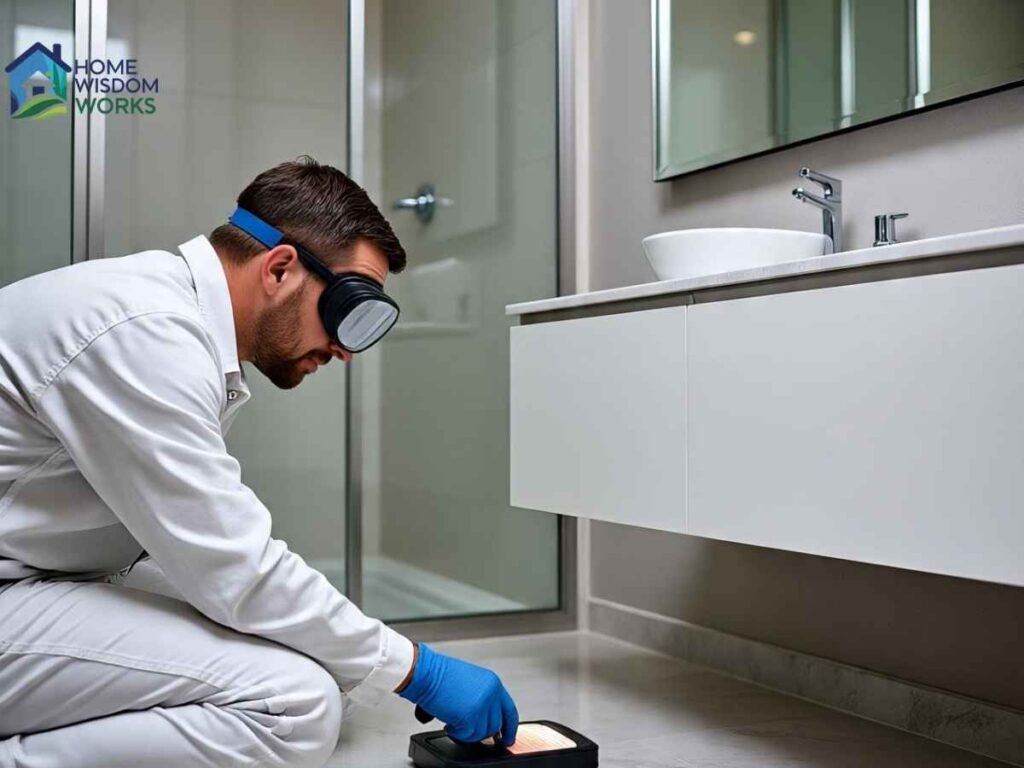
Unlike older suburban ranch homes, condos born of the 2000s boom rely on pressurized copper, PEX, or even aging galvanized pipes threading beneath tons of concrete. LA’s climate dishes out extreme dryness—average annual rainfall falls short at only 15 inches—and seismic tremors. These stress plumbing more than any other city. The Los Angeles Department of Water and Power (LADWP) reports pipe repair calls in downtown up 18% since 2020, notably after the March 2024 storms exposed widespread leak vulnerability, particularly in zip codes near Pershing Square and Grand Avenue.
Common signs of a slab leak in LA condos:
- Sudden spike in LADWP water bills
- Warm/hot patches along tile or laminate floors
- Persistent moisture in areas with no roof access or window leaks
- Audible hissing or rushing sound late at night
- Mold or musty odors that bloom overnight
Because many downtown condo boards restrict direct plumbing work and open access, finding the leak requires precision—not demolition. Advanced slab-leak detection tools and local know-how save time, money, and the headaches of HOA disputes.
Why Downtown LA Condos Face Extra Risk
Downtown LA’s condos are a unique blend of age, density, and climate stress:
- Many buildings were retrofitted quickly in the mid-2000s transformation, often with lower-grade plumbing to save costs.
- High groundwater following El Niño events (2015, 2023) puts extra hydrostatic pressure on pipes.
- Earthquake swarms—like the November 2022 Pico-Union tremors—cause microcracks that aren’t spotted until a leak floods a bedroom or garage.
The tightly packed nature of buildings in neighborhoods like Historic Core, South Park, and Fashion District means one leak often impacts multiple owners. Most buildings share main water lines inspected by LADWP, but condo unit plumbing is the resident’s responsibility. Strict permit requirements (see LA County Building Permit Portal) mean slab-cutting or pipe rerouting can only proceed with official sign-off—delaying urgent repairs.
Solutions: Fast, Accurate Slab-Leak Detection in Los Angeles
Cutting through concrete is costly, disruptive, and often unnecessary. Modern slab-leak detection in LA leverages:
1. Acoustic listening devices:
Licensed pros use sensitive microphones to hear subtle sounds of water escaping beneath slabs, even amidst city noise.
2. Thermal imaging:
Infrared cameras pinpoint temperature anomalies along condo floors, which is a giveaway for a leaking hot water line.
3. Electronic leak correlators:
These systems map pressure fluctuations and vibrations across communal utility corridors, ensuring pinpoint accuracy.
4. Trace gas leak detection:
Technicians send harmless tracer gas through the plumbing. Where it surfaces, the leak is found—perfect for condos with sealed flooring.
5. Moisture meters and borescope cams:
Ideal for LA’s upscale buildings where damaging designer tile is a risk.
Most reputable LA slab-leak pros arrive same-day, coordinate with building management, and submit electronic reports—critical for insurance and HOA claims. For downtown residents, speed matters: untreated leaks don’t just destroy floors, but can trigger mold, foundation rot, and even electrical shorts in multi-story high-rises.
Success Stories: Real Downtown LA Slab-Leak Fixes
Nothing drives home the urgency quite like true tales from fellow Angelenos. Here are three real slab-leak saves from downtown neighborhoods:
Case Study 1 – Historic Core (ZIP 90013):
Jessica, a freelance designer, noticed heat rising from her living room floor one chilly January morning. Her 1920s brick-and-concrete loft masked plumbing deep within. Local pros used an acoustic listening device and traced a pinhole leak in a hot water line beneath the slab. No flooring had to be removed—targeted pipe patching kept repair under $1,500, and she was reimbursed by her HOA insurance after providing the precise leak report.
Case Study 2 – South Park (ZIP 90015):
Ahmed, a tech consultant, received an LADWP notification about excessive water usage. His sleek modern condo’s meter showed zero changes despite a $400 spike in his water bill. After ruling out fixtures, auditors brought in thermal cameras and discovered a leak feeding hot water into a neighboring unit’s garage. Joint repairs saved both owners thousands, and quick permit filing through LA County kept disruption minimal.
Case Study 3 – Little Tokyo (ZIP 90012):
Evelyn, a retired teacher, smelled mold in her guest bedroom after February’s historic rain. Moisture meters suggested a leak under the slab. The plumber used tracer gas to pinpoint the issue—no need for foundation cutting in her building. With same-day detection, repairs were finished within 48 hours, minimizing health risks.
Each case highlights how LA’s combination of old infrastructure, climate extremes, and building codes make professional slab-leak detection vital to long-term property value.
Meet Los Angeles’ Top 3 Slab-Leak Detection Pros
Looking for expert slab-leak help for your downtown condo? These local companies set the gold standard, offering fast response, advanced tech, and deep local experience.
1. The Leak Doctor LA
Website: https://www.leakdoctorla.com
With over two decades serving DTLA and neighboring areas like Echo Park, Leak Doctor LA delivers rapid acoustic and thermal imaging services. Their technicians are California-licensed, and they coordinate closely with property managers for same-day repairs and support.
2. Rescue Rooter Los Angeles
Website: https://www.rescuerooterla.com
Rescue Rooter is known for large-scale condo work in South Park and Bunker Hill. Their electronic leak detection methods and 24/7 emergency line ensure residents don’t wait—plus they handle LADWP billing disputes post-repair.
3. AquaTech Plumbing & Leak Detection
Website: https://www.aquatechplumbingla.com
Specializing in luxury condos across Arts District and Downtown, AquaTech uses tracer gas and video inspections for non-destructive leak location. Their LA condo expertise is praised by HOA boards citywide.
All three are members of the Plumbing-Heating-Cooling Contractors Association of Southern California, a key industry organization that supports ongoing training.
Downtown LA Slab-Leak Detection: Tools and Resources
Downtown LA residents can stay proactive by tapping these trusted tools and local resources:
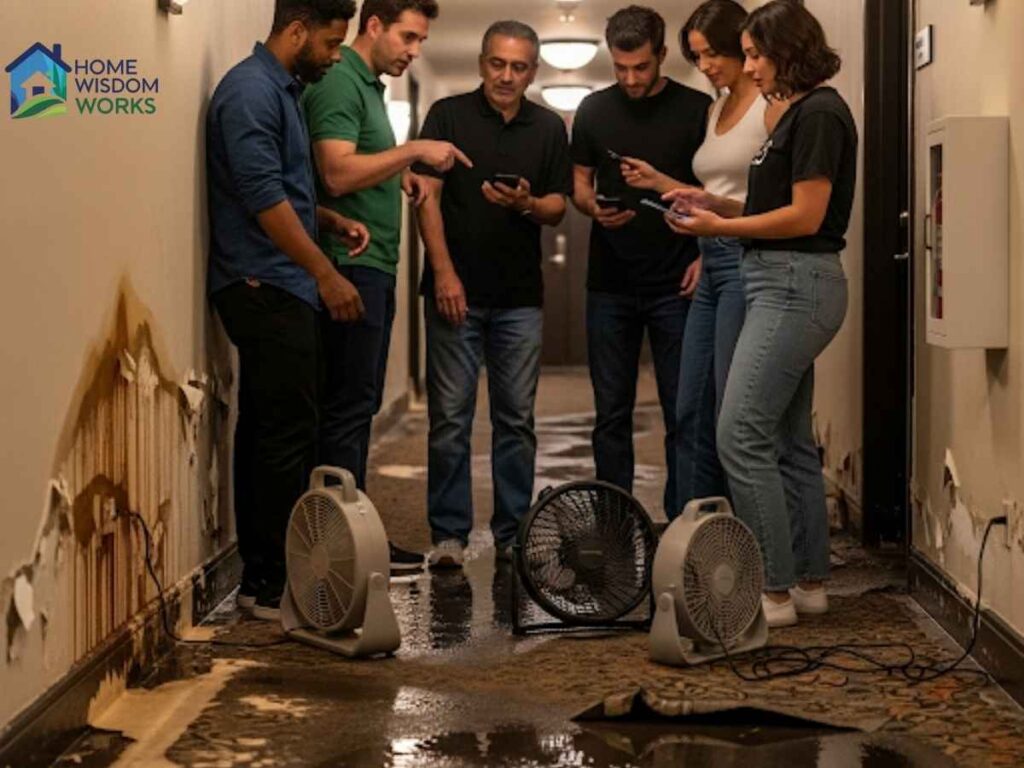
- LADWP Water Usage Portal (https://www.ladwp.com) – Monitor your property’s water consumption, spot sudden spikes, and get consumption alerts.
- LA County Building Permits (https://dpw.lacounty.gov/buildingpermits) – Vital for checking permit requirements and regulatory updates before any slab or plumbing work.
- PHCC of Southern California (https://www.phccgla.org) – Industry association offering referrals, best practices, and latest plumbing standards for LA.
- Los Angeles Condo Owners Association – Contact your building’s HOA for slab-leak detection guidelines and approved service provider lists.
- USGS Southern California Earthquake Monitoring – Frequent earthquake activity impacts slab plumbing; stay updated with microquake activity impacting your area.
Being aware, informed, and quick-to-act greatly increases your odds of stopping leaks before major damage strikes.
Protect Your Investment: Why Early Slab-Leak Detection Matters
Unchecked, a single slab leak can cost more than $10,000 in repairs, ruin luxury finishes, and even lead to HOA fines.Early detection preserves your condo’s value while keeping your water bills in check. With downtown Los Angeles’s unique blend of high-density living, shifting soils, and strict building codes, it pays to trust specialists who understand local conditions and regulatory pathways.
Whether you’re in the Historic Core, fashion-forward Fashion District, or the artistic Arts District, knowing when and how to act on slab leak signs is key. The combination of acoustic sensors, thermal imaging, and tracer gas technologies now gives building owners and residents powerful tools to detect leaks without invasive damage.
FAQs About Slab-Leak Detection in Downtown Los Angeles Condos
How quickly can a slab leak be detected in a downtown LA condo?
With modern technology, licensed professionals often detect slab leaks within hours of inspection, many offering same-day service in downtown LA neighborhoods.
Will my HOA allow slab-leak repairs in my unit?
HOA rules vary, but most require permits and pre-approval for plumbing repairs beneath slabs. It is essential to coordinate with building management early to avoid delays.
Do slab leaks increase water bills significantly in Los Angeles?
Yes, unexplained spikes in LADWP bills are a leading sign of slab leaks in downtown condos. Monitoring your water usage online can help catch leaks before damage escalates.
Are slab-leak repairs covered by insurance in downtown LA?
Coverage depends on your homeowner’s or HOA insurance policies. Detailed reports from professional detection services are often necessary to file claims.
How can earthquakes affect slab leaks in Los Angeles condos?
Earthquake activity in Southern California can cause microfractures in slab plumbing. After tremors, it’s prudent to have a slab-leak inspection to avoid hidden damage.
